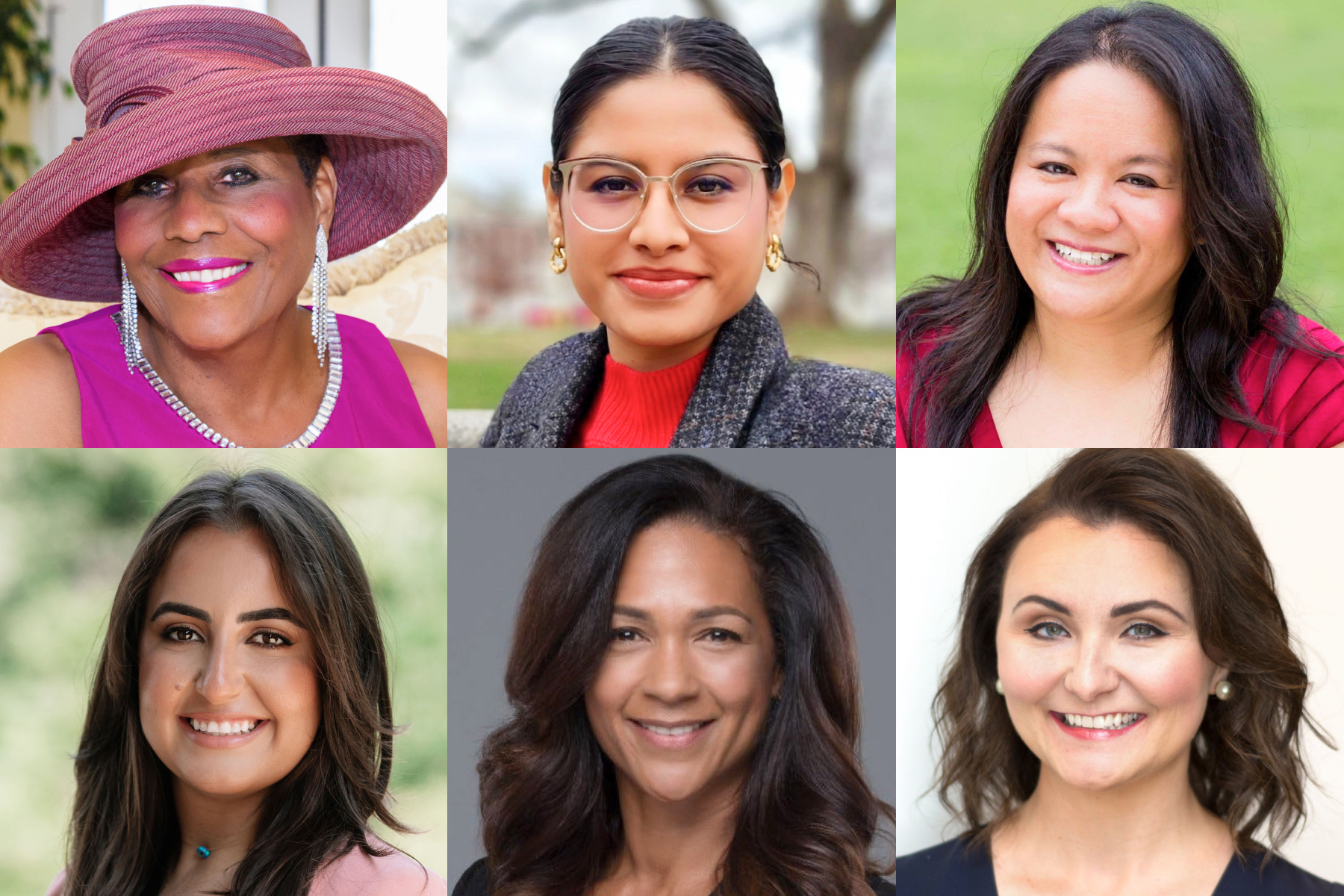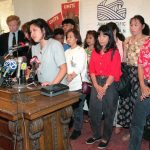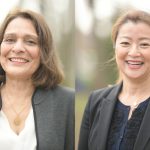Women have long made up the majority of registered voters and voters who turn out in elections. But women, and women of color especially, remain underrepresented in elected office and the political arena.
Women’s History Month, recognized every year in March, celebrates progress made in women’s rights and representation — and highlights how far there still is to go. This year, the theme is Women Who Advocate for Diversity, Equity and Inclusion (DEI). It comes at a time of increasing attacks on DEI programs at universities and businesses.
Six women leaders working to expand diversity in politics spoke to The 19th about their first memories of politics, what brings them joy and what representation means to them.
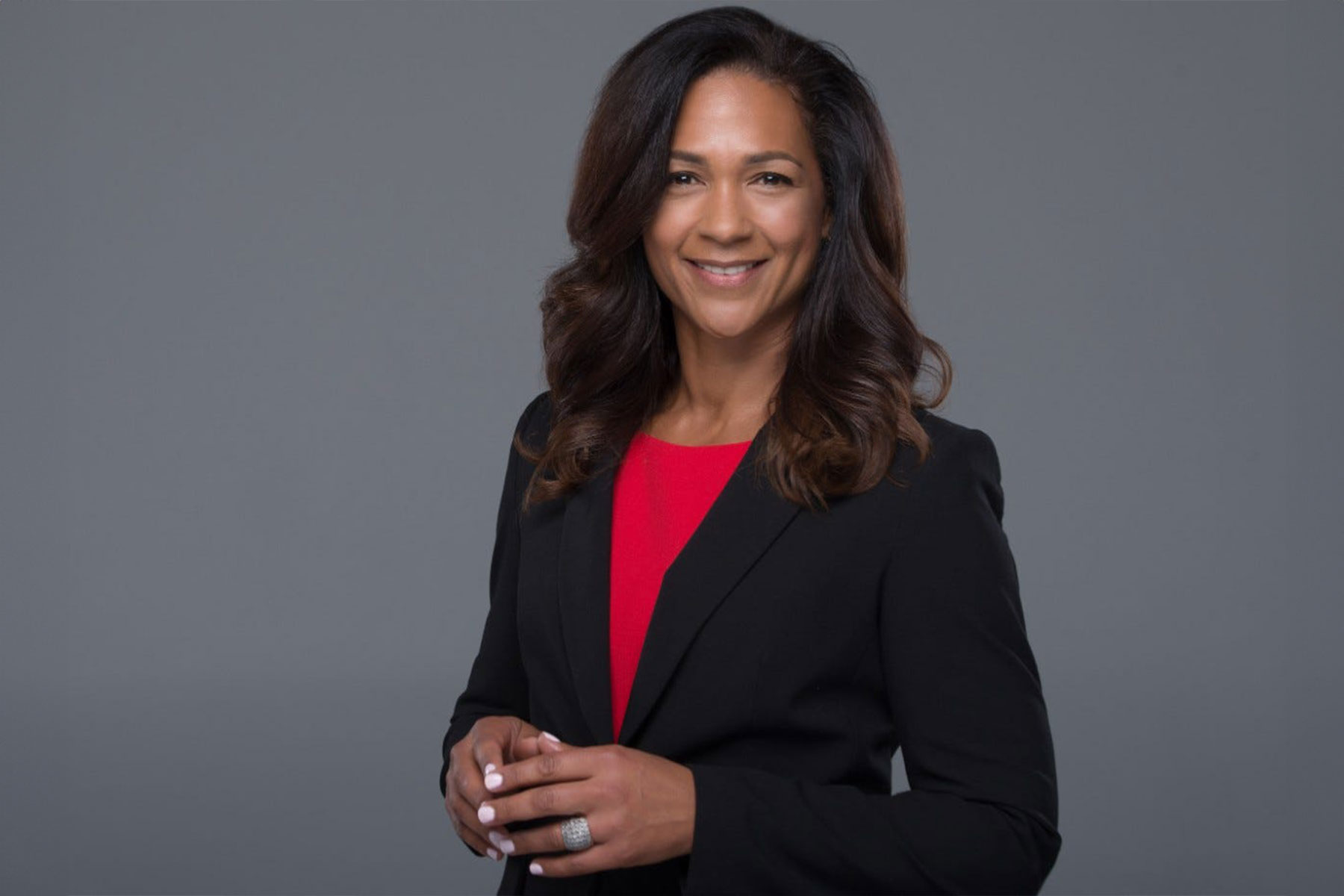
Aimee Allison, president and founder of She the People
Aimee Allison’s first political memory was passing out stickers supporting President Jimmy Carter in her neighborhood in 1976, at the age of 7. Growing up in central Ohio in a multiracial family and later advocating for women soldiers while serving in the military gave her a strong sense of fairness and justice. The organization she leads, She the People, seeks to build power for women of color in political office and leadership positions.
“The unfairness of language that was being used, the unfairness of how people were treated and disrespected, really got to me when I was young,” she said.
For Allison, one of the most gratifying and encouraging developments of the past several years has been seeing more news outlets and leaders recognize women of color as a powerful political force.
“To see the needle move and for more space in our American political culture to literally see and respect us and who we are … it’s been incredible,” she said. “It’s not done, obviously, there’s more to do, but that continues to bring me joy. Because whenever I see the term ‘women of color’ as relates to politics, I know that’s pretty new.”
Allison described DEI as “the center of the bullseye” for forces seeking to undermine gender and racial equality. The theme of this Women’s History Month being DEI, she said, is a “bold” statement defending the gains that have been made. She urged people to not be intimidated by attacks on inclusion.
“Lead with being bold,” she said. “That’s the theme.”
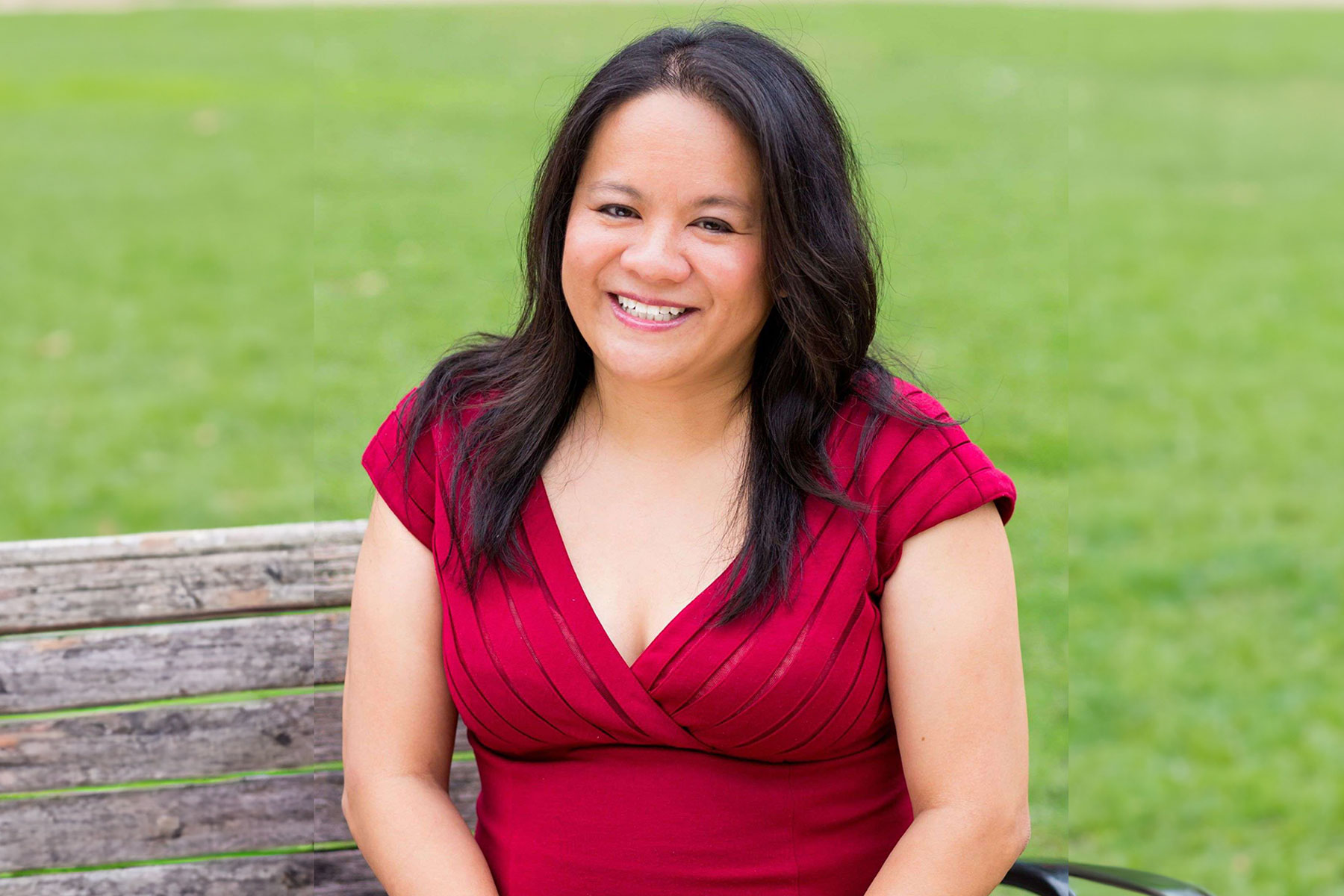
Christine Chen, co-founder and executive director of APIAVote
Attending college six years after the death of Vincent Chin, a Chinese American draftsman who was beaten to death by two White autoworkers, propelled Christine Chen, the co-founder and executive director of Asian and Pacific Islander American Vote (APIAVote), into a decades-long political career.
“At that time, a number of the Asian-American students were just then fighting for resources for the establishment of the Office of Asian American Students Services, and then later on a number of us were fighting for the start of the Asian American Studies curriculum,” she said. “The whole concept of creating space for Asian-American students in the Midwest came about all around at that time. And so that was really probably my entry point in terms of understanding what it meant to organize, to support Asian-American students and the Asian-American community.”
Chen describes her college years as pivotal as, through the Midwest Asian Pacific Islander Desi American Students Union (MAASU), she was introduced to the Organization for Chinese Americans, which in 1996 launched APIAVote as a campaign to increase voter participation among the Asian American and Pacific Islander community. APIAVote became its own separate nonprofit and nonpartisan organization in 2007 with Chen as the first executive director, and the Norman Y. Mineta Leadership Institute was launched that year to train and engage AAPI community members to run successful electoral campaigns.
Chen says there is a lot of work to be done to achieve a representative democracy in the United States. “It really is about decision making and about backing it up with resources. It’s also about understanding how we need to take care of each of these different communities because we all have unique challenges,” she said. “It’s also about making sure that we eliminate those barriers. It’s not a democracy if we’re not all participating in it.”
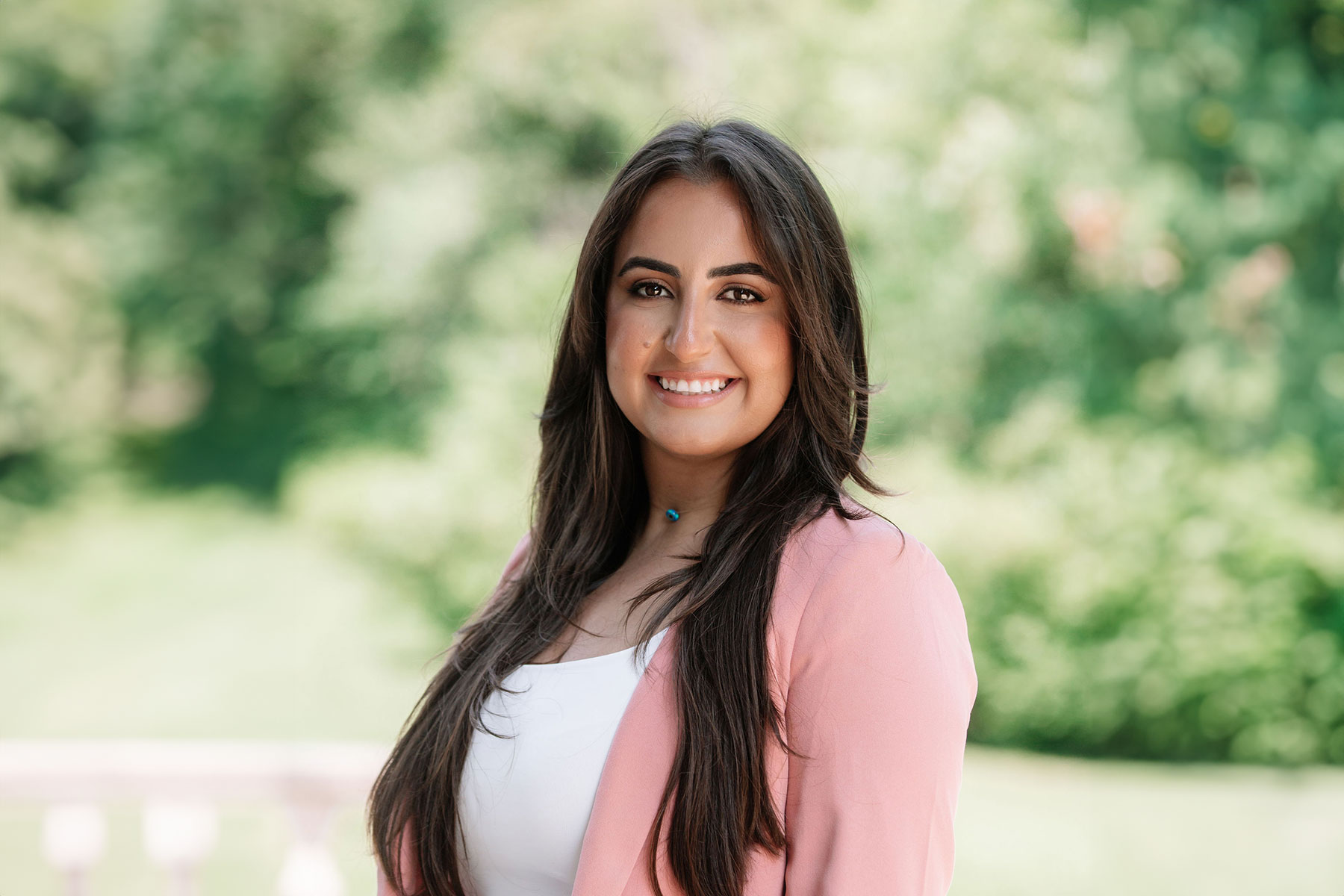
Ghida Dagher, CEO and president of New American Leaders
Ghida Dagher immigrated to the United States seeking political asylum at 10 years old, two years before the terrorist attacks of September 11, 2001. Navigating life in post-9/11 America as an immigrant and Arab American kickstarted her involvement in politics, borne out of a desire to elevate the voice of her community, from anti-discrimination policies to immigration. Her first experience working on a campaign was phone banking for John Kerry’s presidential campaign in 2004, reaching out to Arabic-speaking households in Dearborn, Michigan, urging them to vote.
“I thought it was so important to engage folks in democracy and to get people to understand that they were shaping, and had a very active voice on, who was making policy decisions on behalf of all of us,” Dagher said.
Dagher now leads New American Leaders, a group working to train and recruit first- and second-generation immigrants to elected office or campaign work. Making sure that American democracy includes representation for new Americans and their experiences remains a key goal. This year, Dagher’s group is hosting training sessions targeted specifically at women who identify as Asian American and Pacific Islander, or from the Middle East and North Africa, who remain sorely underrepresented in elected office.
“It’s important that we have new Americans in conversations about education, about access to democracy, about housing, about workers rights — all of these elements that shaped the country and our experiences as Americans here,” Dagher said.

Jennifer P. Lim, founder and executive director of Republican Women for Congress
Jennifer P. Lim grew up working the polling stations with her family during elections in her hometown of Richmond, Virginia, and being a Girl Scout.
Her early experiences got her into politics, but her disdain for the direction of her party in 2016 drove Lim to advocate for women’s representation through Republican Women For Progress, an organization she founded and is the executive director of.
Republican Women for Progress is a nonprofit that trains and supports Republican women interested in running for office. The group partners with the Campaign School at Yale to host a one-day training for Republican women looking to run for office and this year was able to reach over 500 women from more than 40 states.
Having social, economic and racial diversity among the people who are uplifted to represent this country is critical to Lim and her co-founders. It is especially important for women who she says have not often had the support of the GOP.
“It’s always hard to kind of get access to and lift up Republican women in the same way Democratic women are … because we have this kind of historical and cultural gap,” Lim said. “My co-founders and I, we just really have a passion for the women in the space who are so capable and so amazing, and really want to make change. They’re just not supported by their party.”
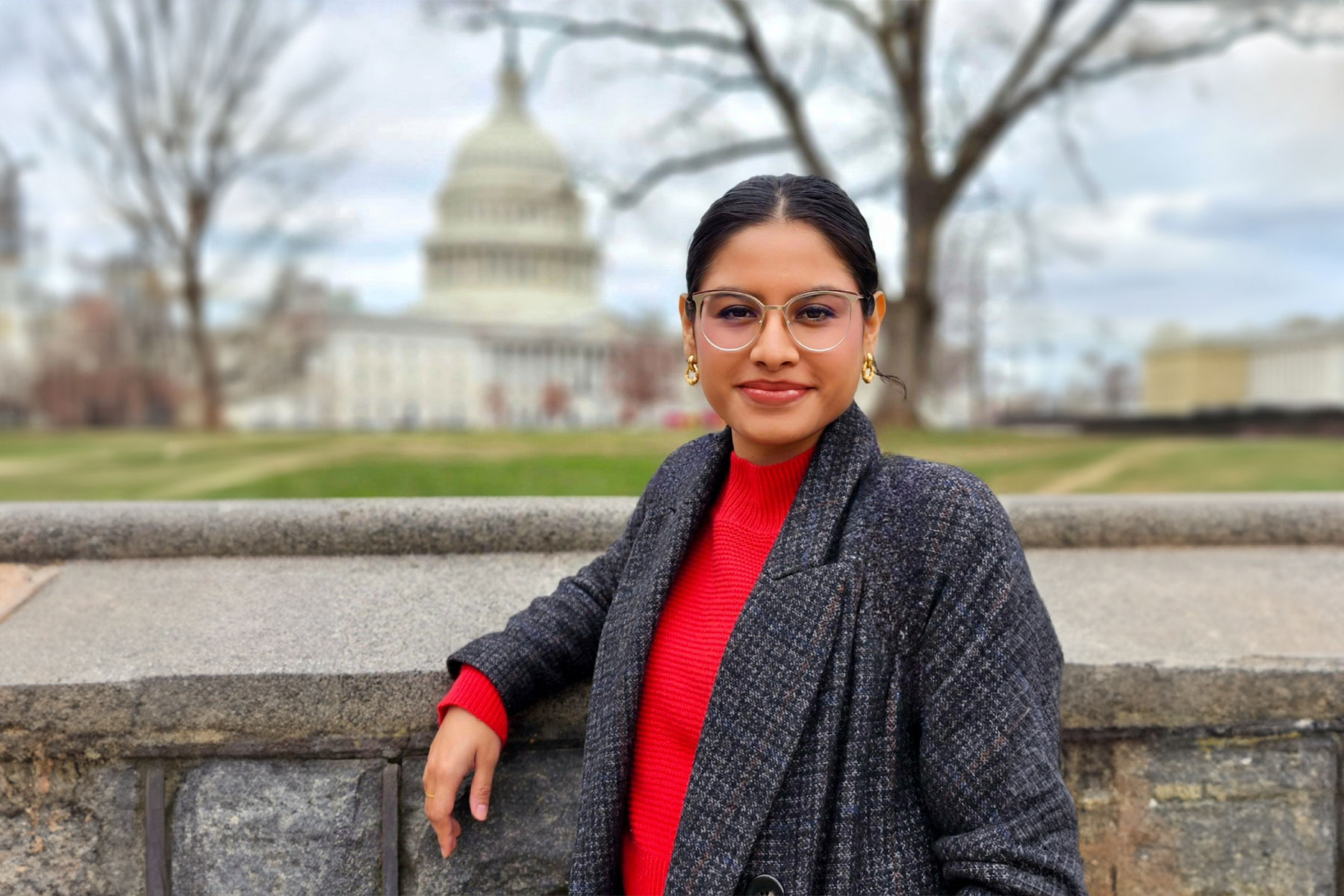
Stephanie Lopez, executive director of Latinas Represent
Stephanie Lopez grew up surrounded by conversations about politics — from the aftermath of a civil war in her parents’ native El Salvador to her dad’s enthusiasm about voting in American elections once he became a citizen. Lopez cultivated that passion in academia until the 2016 presidential election, when she saw immigrants and Latinos “under attack.” Lopez took up work in immigrant advocacy, which included being part of a team that worked on family separation cases at the border resulting from former President Donald Trump’s policies.
“I just had this lightbulb moment where I was seeing attorneys and social service workers around me become so burnt out, myself included, right? And I just kept thinking, if we had more women, if we had more women of color, if we had Latinas in these positions of power that were able to prevent some of these terrible policies from taking place, then maybe we will see more change in this country and we would see it at a more rapid pace,” Lopez said. Shortly after, in 2019, Lopez took a job leading Latinas Represent, a nonpartisan group that trains and recruits Latinas for political leadership.
The 2019 El Paso shooting that targeted Latinx people, Lopez said, further entrenched her desire to see people like her better represented as part of the fabric of American society and political leadership.
“We really need to start changing the face of what U.S. democracy looks like. And for me, I always saw, you know, women in my life —my tias, my abuelas, my mom, you know, my sisters, my primas — all of these individuals who for me have always been incredible leaders. And I was like, why aren’t they serving?”
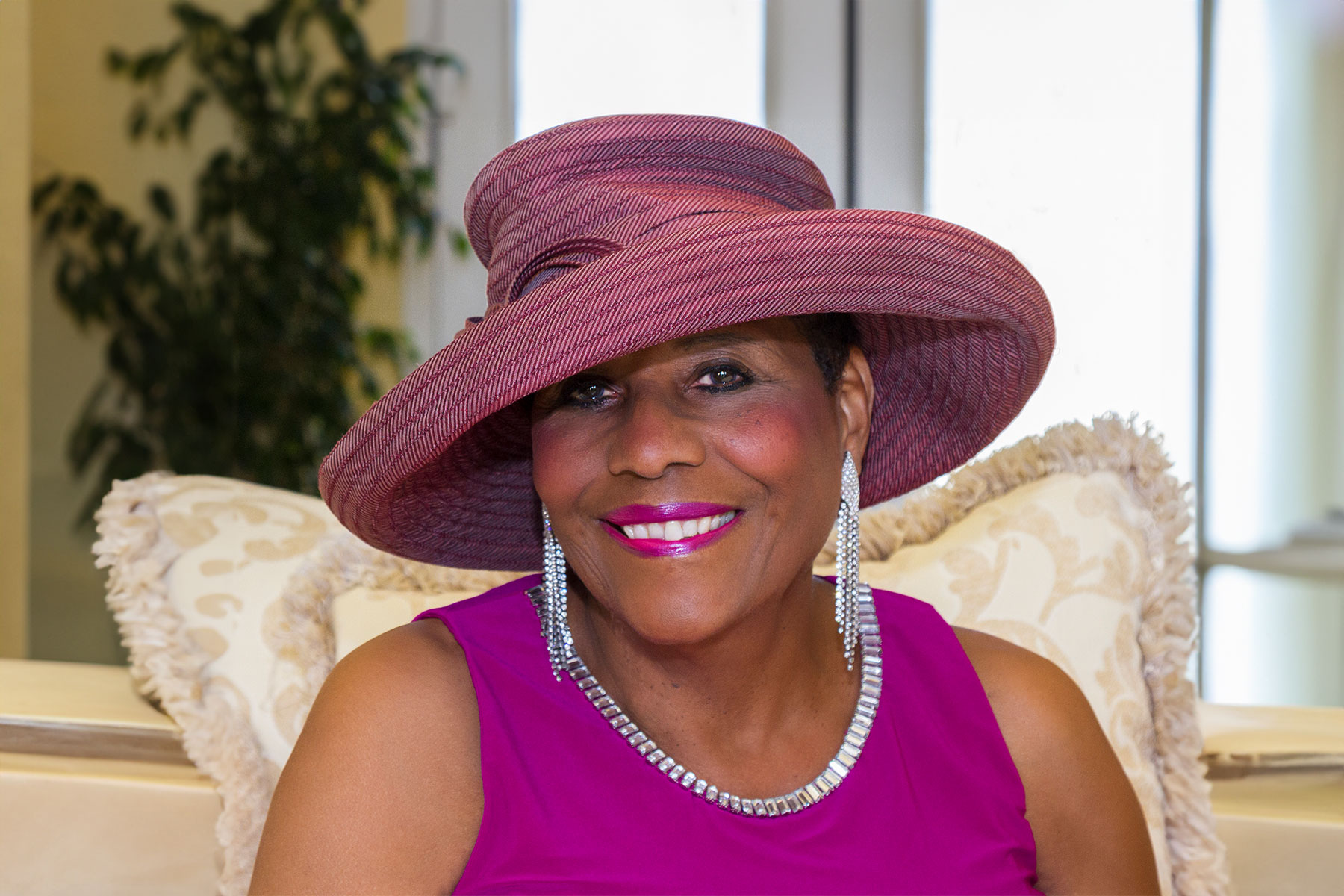
Dezie Woods-Jones, CEO and president of Black Women Organized for Political Action
In 1968, Dezie Woods-Jones was the youngest of 12 women who launched Bay Area Women for Dellums to help Ron V. Dellums become the first Black member of Congress from Northern California. Today, the organization is known as Black Women Organized for Political Action (BWOPA), a membership-based advocacy nonprofit that offers training and mentorship to candidates through their Training Institute for Leadership Enrichment program and financial support through the BWOPA-PAC.
“We needed to make sure that Black women in particular have a voice at these major policy tables throughout the local level and the regional level and, of course, the state and national levels as well,” Woods-Jones said. “There’s no substitute for a woman’s voice at these tables.”
At 82 years old, she said she is most proud of the fact that the group has been around for this long and the impact it has had on the political scene. BWOPA was an early supporter of the likes of Vice President Kamala Harris, Rep. Maxine Waters and former Reps. Barbara Lee and Diane E. Watson and has a number of members represented among the Black women state legislators in California.
Woods-Jones got her start in politics as the president of the local youth chapter of the NAACP while in high school. She then worked with the Student Nonviolent Coordinating Committee and Black Conference Planning Committee in college. She served on Oakland’s city council in 1991 and as the city’s vice mayor in 1996.
Woods-Jones, who was also the first woman to run for mayor of Oakland, encourages women of all backgrounds to get politically engaged and involved because “it impacts all of us when we are not all at the table helping to make the critical decisions that govern our lives, that governs the lives of our children.”
“We gotta have people across the board to have that diversity and inclusion, making sure people’s voices are heard and acted on,” Woods-Jones said.
